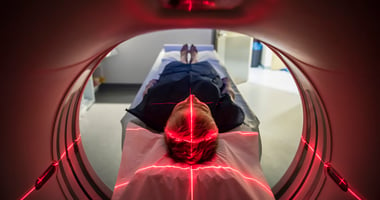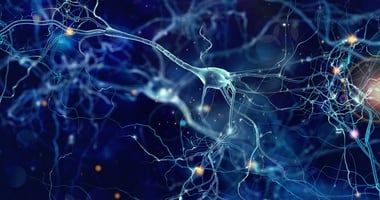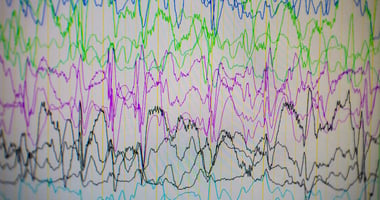Brain inflammation appears to be significantly higher in people with obsessive-compulsive disorder...
Brain Scan May Help Predict Treatment Outcomes, Study Suggests
 |
Boadie Dunlop, M.D., M.S., and Helen Mayberg, M.D., both of Emory University School of Medicine, and colleagues assessed resting-state functional connectivity between the subcallosal cingulate cortex (SCC) and three other brain regions—the dorsal midbrain, the ventrolateral prefrontal cortex and anterior insula, and the ventromedial prefrontal cortex—in 122 patients with depression. The patients were then randomized to 12 weeks of cognitive-behavioral therapy (CBT) or to treatment with an SSRI or SNRI. There was no placebo arm in the trial.
“[N]egative connectivity scores were associated with remission to medication and treatment failure with CBT, whereas positive connectivity scores were associated with remission to CBT and treatment failure with medication,” wrote Dunlop and colleagues. “Brain-based measures of major depression are proving superior to clinical measures and patient preferences in signifying differential outcomes to depression treatments.”
The researchers noted that replication of this study using existing data or prospective trials is needed before this approach can be used in everyday practice.
“All depressions are not equal, and like different types of cancer, different types of depression will require specific treatments," said Mayberg said in a press release. "Using these scans, we may be able to match a patient to the treatment that is most likely to help [the individual], while avoiding treatments unlikely to provide benefit.”
For more in Psychiatric News about imaging and depression, see “Neuroimaging Reveals Depression Subtypes That Respond to TMS.”
(Image: Mary Rice/Shutterstock)





